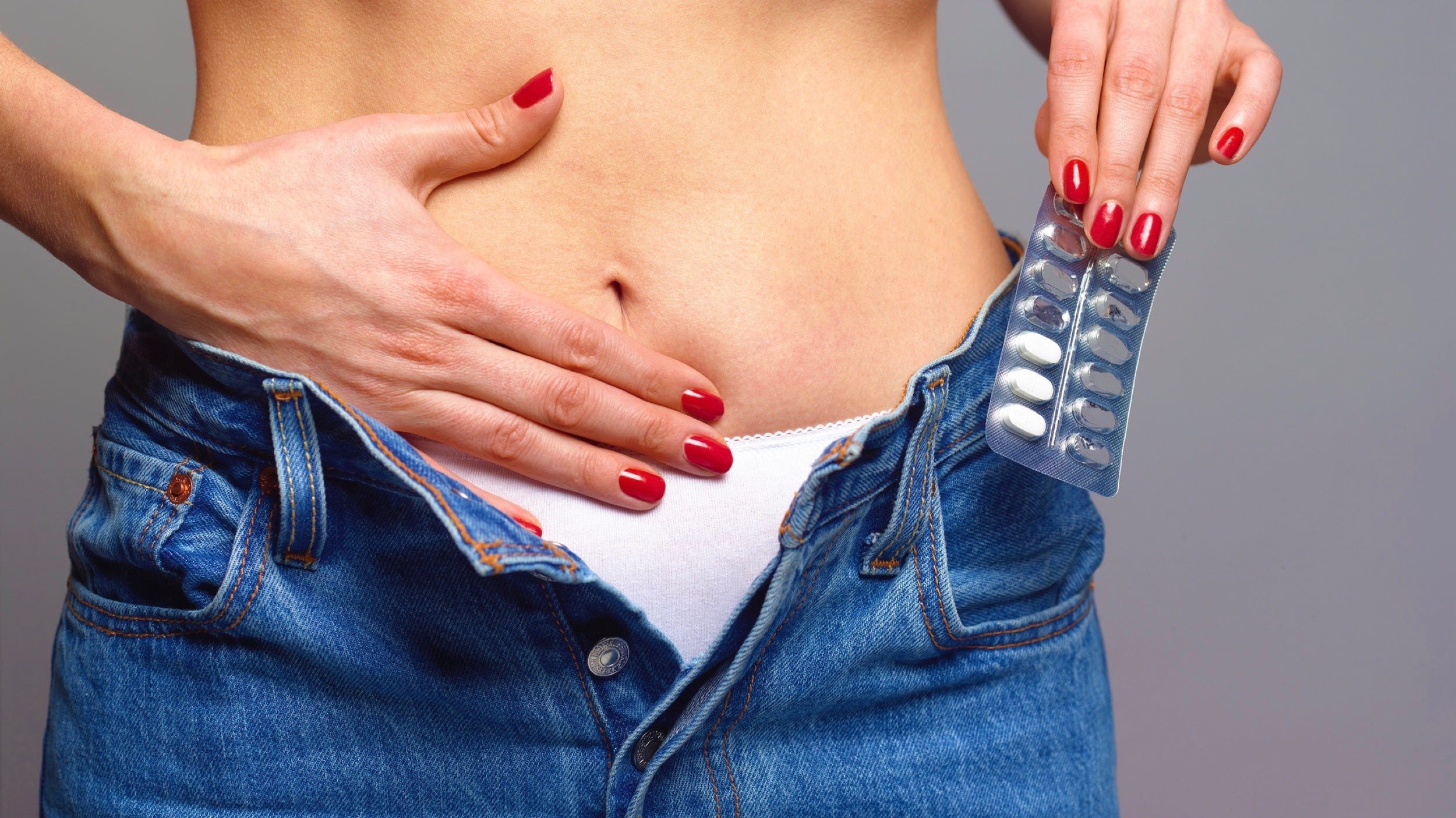- Over the counter antifungal creams, like Monistat or Vagistat, are highly-effective yeast infection treatments.
- In a pinch, you can also take probiotics or use them as vaginal suppositories.
- Boric acid capsules can also be used as a vaginal suppository.
- This article was medically reviewed by Jamie Lipeles, DO, OB/GYN and founder of Marina OB/GYN in Marina Del Rey, California.
- Visit Insider’s Health Reference library for more advice.
Yeast infections can cause intense soreness and itching. Some may opt to see a doctor for treatment, but there are many at-home methods you can use to treat the problem.
Here’s what you need to know about yeast infections and how to get rid of them without a prescription.
What is a yeast infection?
A yeast infection occurs when a fungus called Candida albicans overgrows in the vagina.
Yeast infections are common. About 3 out of every 4 women will experience one in their lifetime.
They can be caused by taking medications like antibiotics and estrogen hormones, or by medical conditions like diabetes or a suppressed immune system.
Some common symptoms of yeast infections are:
- Itching or pain in the vagina and vulva
- A red, swollen vulva
- Chunky, white vaginal discharge
- A burning feeling while peeing or having sex
If your symptoms are very mild, your yeast infection may go away on its own within a few days. But for more painful yeast infections, there are several treatment options you can try at home.
Over the counter antifungal creams
One option is over the counter antifungal creams like miconazole (Monistat) or tioconazole (Vagistat). These types of medications, called azoles, work by stopping fungus cells from growing or reproducing.
You can find antifungal creams at any pharmacy and they generally come in 3 varieties: 1-day, 3-day, and 7-day treatments.
Antifungal creams generally come preloaded into a device similar to a tampon applicator that you use to insert the cream into your vagina.
The 1-day treatment is useful because it is only a single dose and, unlike the other options, some forms can be used during the day and will not leak out. However, the 1-day treatment contains a high dose of antifungal medication and can cause irritation for some people.
The 3-day and 7-day treatments contain lower doses of medication and must be taken at night while wearing a pad. If you have diabetes or you are pregnant, you should only use the lower dose 7-day treatment, as this may be safer and more effective.
Though you may be tempted to try an anti-itch cream to relieve your symptoms, Birkholz warns that creams containing benzocaine can cause side effects like skin tenderness and itching.
"I often have patients who have been using these creams which provide a brief bit of relief due to a 'numbing' effect but then ultimately cause side effects leading a patient to believe they are still suffering from a yeast infection," Birkholz says.
Probiotics
"The evidence around the benefit of probiotics in reducing vaginal yeast infections is limited," says Birkholz, adding that, "Most of the products are formulated based on the microbiome of the gut and not the vaginal microbiome."
However, some small studies have found positive results of taking probiotics for yeast infection, both by mouth and as a vaginal suppository.
For example, one 2015 study found that adding a vaginal probiotic supplement to an antifungal treatment regime worked better to treat yeast infections than antifungal medication alone.
There are also probiotic vaginal suppository products available online, but like most probiotics, they are not regulated by the FDA.
Boric acid
Boric acid is a chemical substance that kills fungus. Birkholz says that using boric acid can be effective, but it is best to try other, more standard yeast infection treatments first.
You can get boric acid over the counter in the form of suppository capsules that you insert into your vagina at bedtime. For normal yeast infections, you should continue this treatment every night for 7 days.
If you have mild symptoms that don't clear up after treatment, you may want to try a course of boric acid for 2 weeks.
When to see a doctor
If yeast infections keep coming back after you treat them, you should speak to your doctor about other treatment options. Recurrent yeast infections may have an underlying cause like diabetes or an impaired immune system.
You should also see a doctor if you think that this is your first yeast infection. The symptoms of yeast infections can sometimes overlap with a sexually transmitted infection, so it's ideal if a doctor can check to make sure you don't have something more serious.
Related stories from Health Reference:
- Birth control pills can help treat acne, but some types are better than others
- The best diet for endometriosis that can help relieve painful symptoms
- How to treat vaginismus through dilation training and counseling
- You can get pregnant with an IUD but it's extremely rare
- How long it takes for condoms, birth control pills, and other types of birth control to expire
